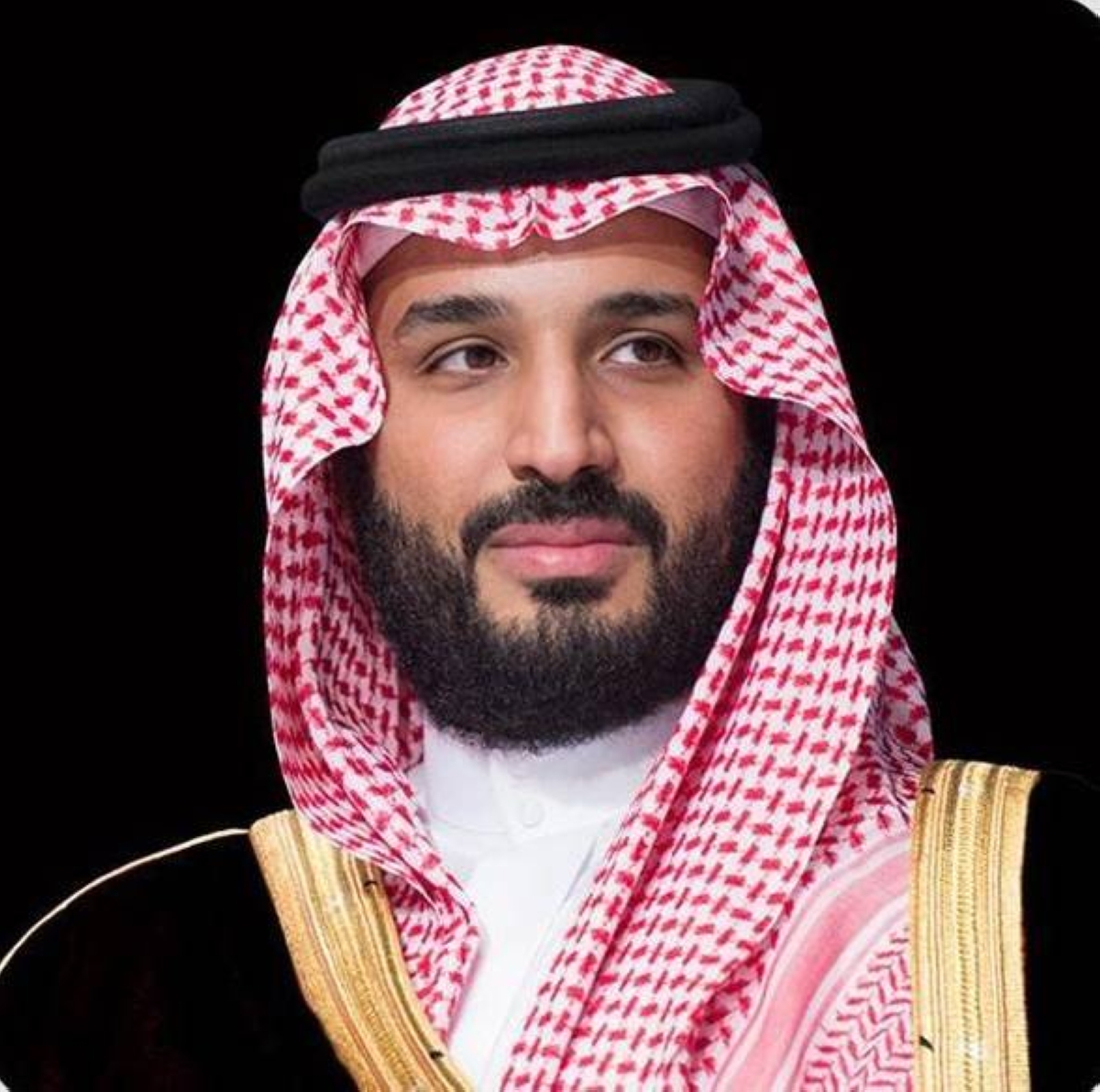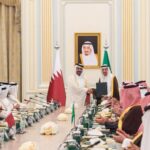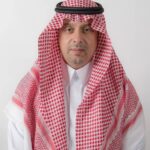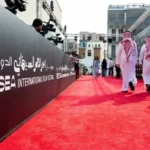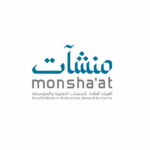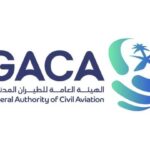Crown Prince Mohammed bin Salman, Chairman of the Council of Ministers and Chairman of the Board of Directors of the Umm Al-Qura Company for Development and Construction, announced the launch of the “King Salman Gate” project as a multi-use destination in Makkah.
The “King Salman Gate” extends over total built-up areas reaching 12 million square meters adjacent to the Grand Mosque.
The project aims to achieve a qualitative leap in developing the infrastructure of Makkah city and the central region in particular to become a global model for urban development, contributing significantly to supporting efforts to develop the region and facilitate visits while providing high-quality services for visitors to the Sacred House of God and enriching their religious and cultural journey in line with the objectives of the Guests of the Most Merciful program.
The “King Salman Gate” project features a strategic location adjacent to the Grand Mosque and represents a multi-use destination primarily aimed at elevating the system of services provided, offering residential, cultural, and service facilities surrounding the Grand Mosque. The project also adds a capacity accommodating approximately 900,000 worshippers in indoor prayer halls and outdoor courtyards.
The project is connected to public transportation to facilitate access to the Grand Mosque and represents an exceptional harmonious blend of Makkah’s rich architectural heritage with the finest contemporary lifestyle standards, ensuring the highest levels of comfort. The project also aims to preserve the historical and cultural heritage of Makkah city through developing and rehabilitating an area of approximately 19,000 square meters of cultural and heritage areas,
to enrich the experience of its visitors, as well as contribute to achieving the objectives of Saudi Vision 2030 in terms of economic diversification by creating more than 300,000 job opportunities by 2036.
The “King Salman Gate” project is being developed by the Umm Al-Qura Company for Development and Construction, one of the companies of the Public Investment Fund, to support the implementation of its strategy by raising the level of urban development in the area surrounding the Grand Mosque to become one of the best global development models. The company focuses on sustainable resource management through employing innovative solutions, contributing to achieving a tangible positive impact on residents and Guests of the Most Merciful from pilgrims, Umrah performers, and visitors while preserving the cultural fabric of Makkah. The company is committed to adhering to global standards and practices in real estate development operations and providing an exceptional experience.
King Salman Gate
The King Salman Gate is a monumental new archway under construction in Riyadh, Saudi Arabia. It is designed to become a prominent modern landmark and a symbolic entrance to the city, reflecting the nation’s contemporary development and future aspirations under the leadership of King Salman bin Abdulaziz Al Saud.
Grand Mosque
The Grand Mosque is a prominent Islamic place of worship, with many major cities around the world having a mosque by this name. One of the most famous is the Sheikh Zayed Grand Mosque in Abu Dhabi, which was constructed between 1996 and 2007. It is renowned for its massive scale, stunning white marble architecture, and its role in promoting cultural exchange and understanding.
Makkah
Makkah is the holiest city in Islam, located in Saudi Arabia. It is the birthplace of the Prophet Muhammad and the site of the Kaaba, the most sacred structure in Islam, which Muslims believe was built by Abraham and his son Ishmael. Every year, millions of Muslims perform the Hajj pilgrimage to Makkah, a religious duty that must be carried out at least once in their lifetime.
Sacred House of God
The “Sacred House of God” is a translation of the Arabic term “Bayt Allah,” which is another name for the Kaaba in Mecca, Saudi Arabia. According to Islamic tradition, it was originally built by the Prophet Ibrahim (Abraham) and his son Ismail (Ishmael) as the first house of monotheistic worship dedicated to God. It is the most sacred site in Islam and the focal point towards which all Muslims around the world pray.
Umm Al-Qura Company for Development and Construction
Umm Al-Qura Company for Development and Construction is a prominent Saudi Arabian company primarily known for its role in the development and construction projects in the holy city of Makkah. It was established to support the massive expansion and infrastructure projects around the Grand Mosque (Masjid al-Haram) to accommodate the growing number of pilgrims. The company plays a vital role in the Kingdom’s Vision 2030 initiative, focusing on urban development and enhancing the experience for visitors to the holy sites.
Council of Ministers
The Council of Ministers is a key institution of government, most commonly the body comprising the heads of government departments (ministers) who are responsible for central executive decision-making. Historically, such councils have evolved from small groups of royal advisors, like the privy councils of monarchies, into the modern cabinet systems found in many countries, which are typically led by a Prime Minister or President. Its primary function is to develop and implement government policy and coordinate the administration of the state.
Public Investment Fund
The Public Investment Fund (PIF) is the sovereign wealth fund of Saudi Arabia, established in 1971 to finance strategic development projects within the country. Historically focused on domestic investments, it has recently transformed into a global investment powerhouse, playing a central role in the Kingdom’s Vision 2030 to diversify the economy away from oil.
Saudi Vision 2030
Saudi Vision 2030 is a strategic framework launched in 2016 to reduce Saudi Arabia’s dependence on oil, diversify its economy, and develop public service sectors such as health, education, infrastructure, recreation, and tourism. The vision is built upon three main themes: a vibrant society, a thriving economy, and an ambitious nation, aiming to unlock the country’s cultural and economic potential. It represents a transformative plan for the nation’s future, with major projects like NEOM and the Red Sea Global serving as key pillars of this economic and social reform.

